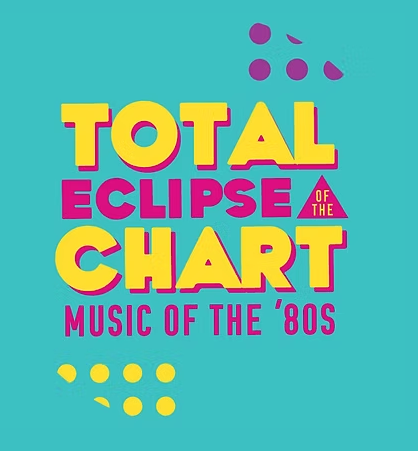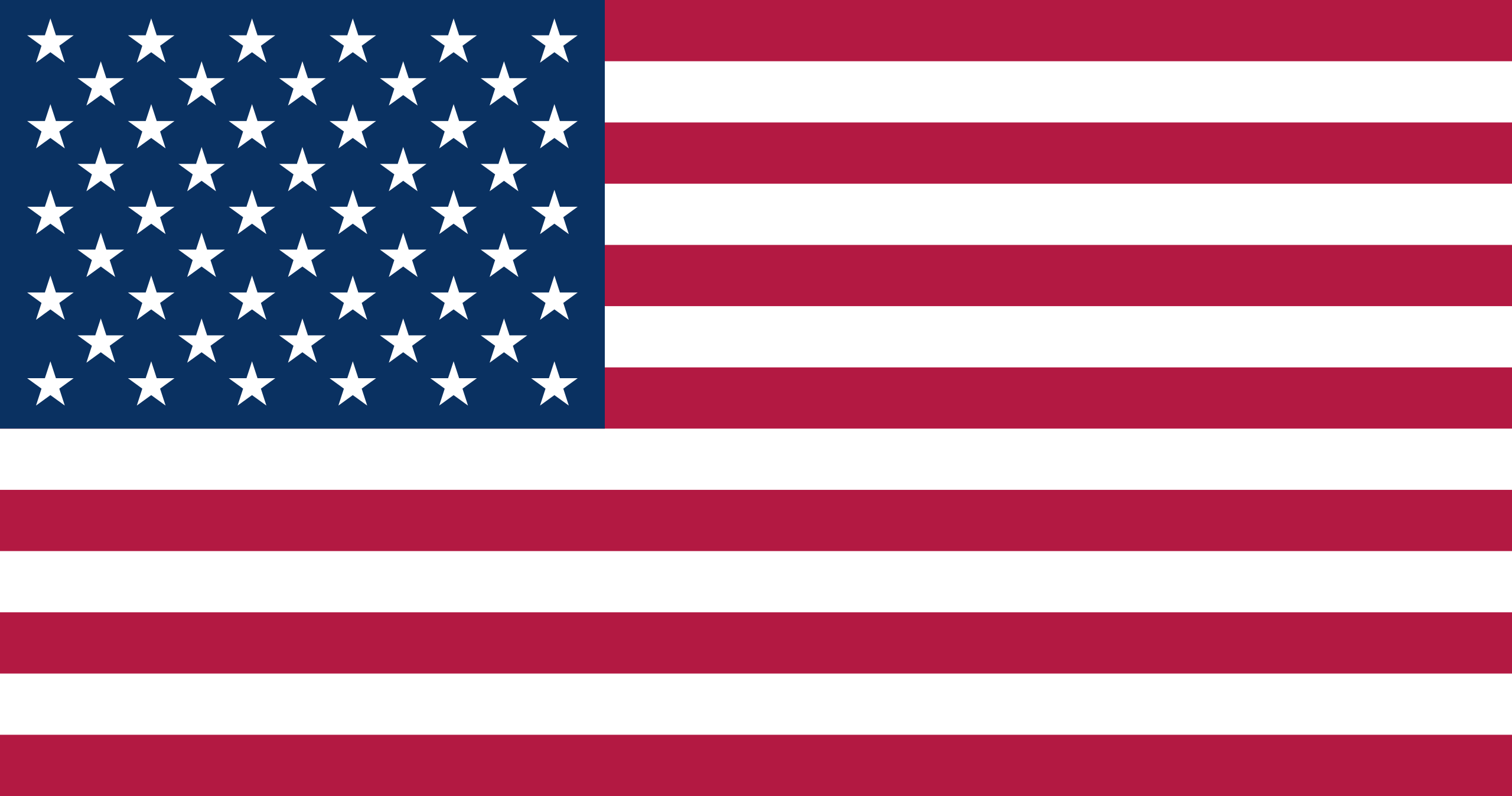Get Jewish Exponent's Newsletter by email and never miss our top stories
We do not share data with third party vendors.
Free Sign Up
“Camp means more now than ever before,” said Miryam Seid, the director of Camp Ramah in the Poconos.
Canadensis Director Brian Krug explained that, if you call him now for a bed, you will not be able to get one. But if you had done the same thing in March 2019, you would have been able to secure a spot for your child. Nock-A-Mixon Director Gary Glaser said, “Typically, we like to be full by the end of September.” This year, though, the overnight camp was full by the end of August.
The JCC Camps at Medford stayed open in 2020 but with limited capacity. In 2021, it reopened fully and exceeded its 2019 number. By 2022, there was “a massive increase,” Director Sara Sideman said. Going into this season, the South Jersey day camp is at 120% of its pre-pandemic total, with a wait list that is 200 names long. Sideman said camp is healthy for kids and a form of child care for parents, especially now that they are returning to the office.
“Child care is back to being more of a necessity,” she added.
Other camps that serve Philadelphia area families also have seen increases. Pinemere, based in Stroudsburg, “well surpassed our 2019 registration last year,” Executive Director Eytan Graubart said. Pinemere welcomed 490 kids to its day and overnight programs in 2022. It even had to build another cabin. This year, there are waitlists in the middle school-age groups with six or seven kids in each.
Camp Ramah in the Poconos is in a similar situation. The waitlist, according to Seid, is “longer than ever,” with four or five kids in some age groups. Camp Morasha, also in the Poconos, has increased its capacity to 985 campers from 950, according to director Jeremy Joszef. It still has a waitlist with more than 200 names on it.
“The biggest problem is wait lists, not filling beds,” Joszef said.
Jeremy Fingerman, the CEO of the Foundation for Jewish Camp, still thinks about those spring months in 2020 when camps were canceling their summers. Like so many others in the camp community, he watched those videos and felt sad. He also called those cancellations “an existential threat for the field.” Today, though, those announcements feel like a distant memory.
“I am amazed at the position we’re in,” Fingerman said.
Elyssa Eisenbrock sent her daughter Myra to Nock-A-Mixon for the first time in 2021. The mom said that, now, her daughter will have sleepovers with camp friends during the school year. Melinda Engel’s two sons, Skyler and Liam, attended Pinemere before COVID and went back in 2021. She recalled that when they got home that year, they were both fine with ignoring their phones for a little longer.
“Overnight camp has always been a place where kids can learn to be independent,” Eisenbrock said.
This is not to say that Jewish camps face no issues. As the report found and as local directors confirmed, counselor retention is below pre-pandemic levels; costs are up with inflation; tuition might outpace inflation in 2023; and more financial aid is being requested than ever before. That last one, especially, may force nonprofit camps, like Pinemere, to do even more fundraising from wealthy donors, according to Graubart.
But camp directors believe all of those issues are fixable. Most said they would be able to fill out their staff rosters for the summer. It just might take a little bit of extra work. Unlike COVID, these challenges are not, as Fingerman put it, “existential.”
“I firmly believe that as long as we have campers who want to spend their summers with us, we’ll be able to support them,” Graubart said.
(source)



















